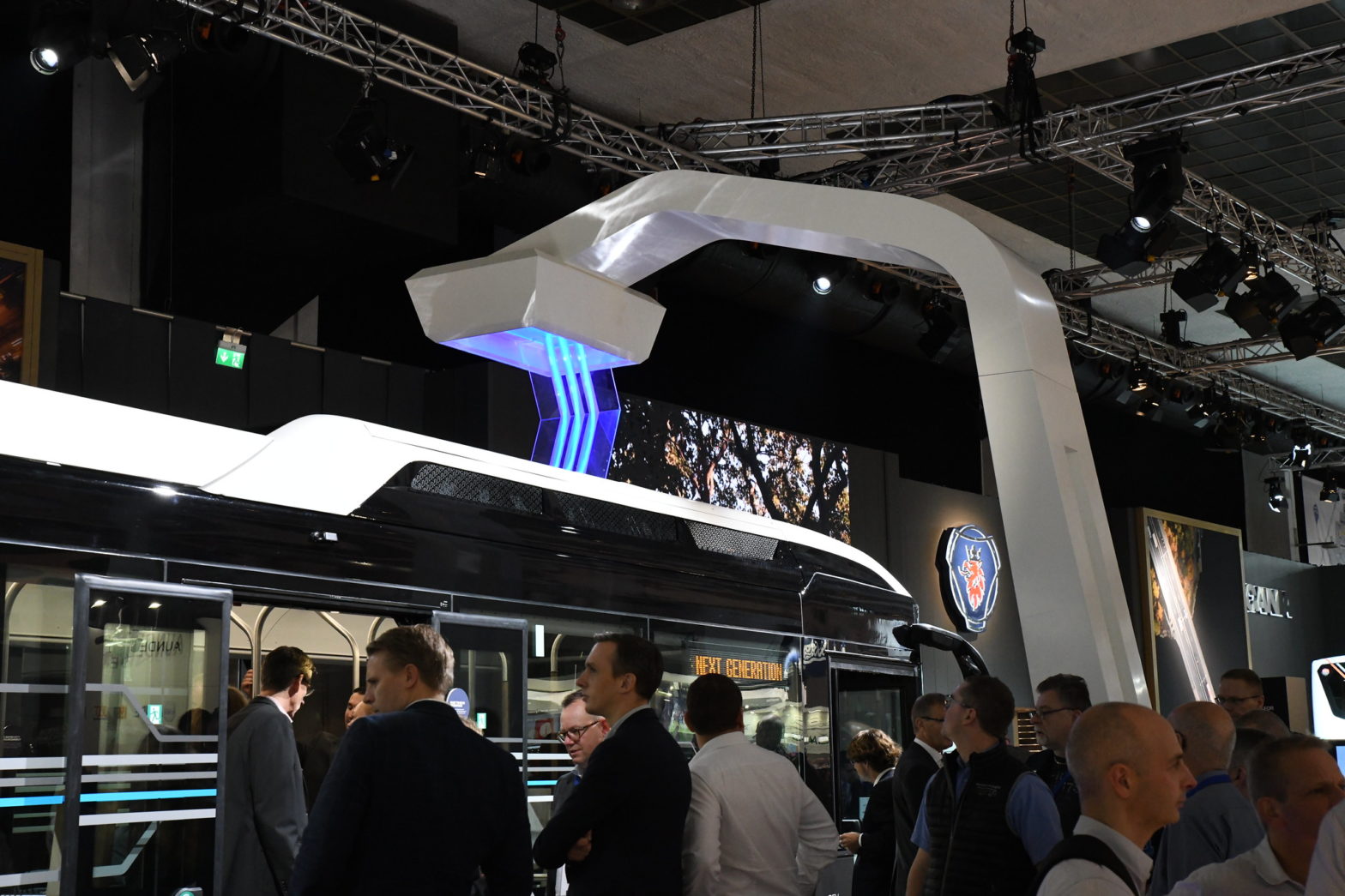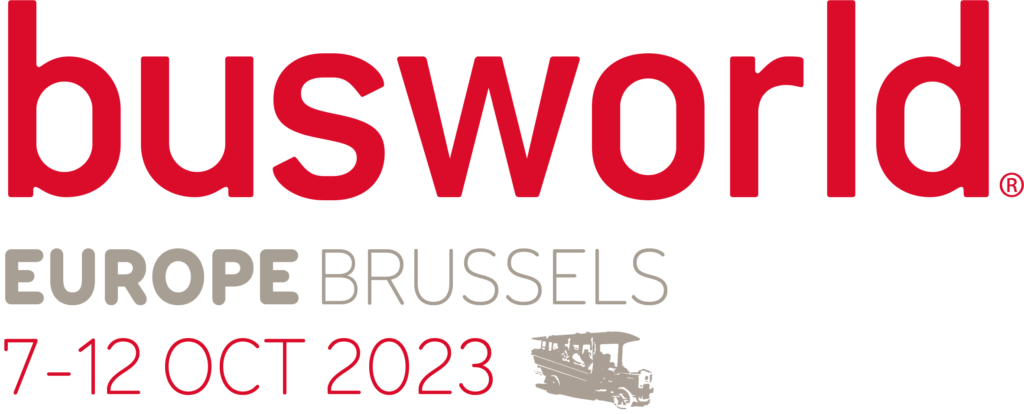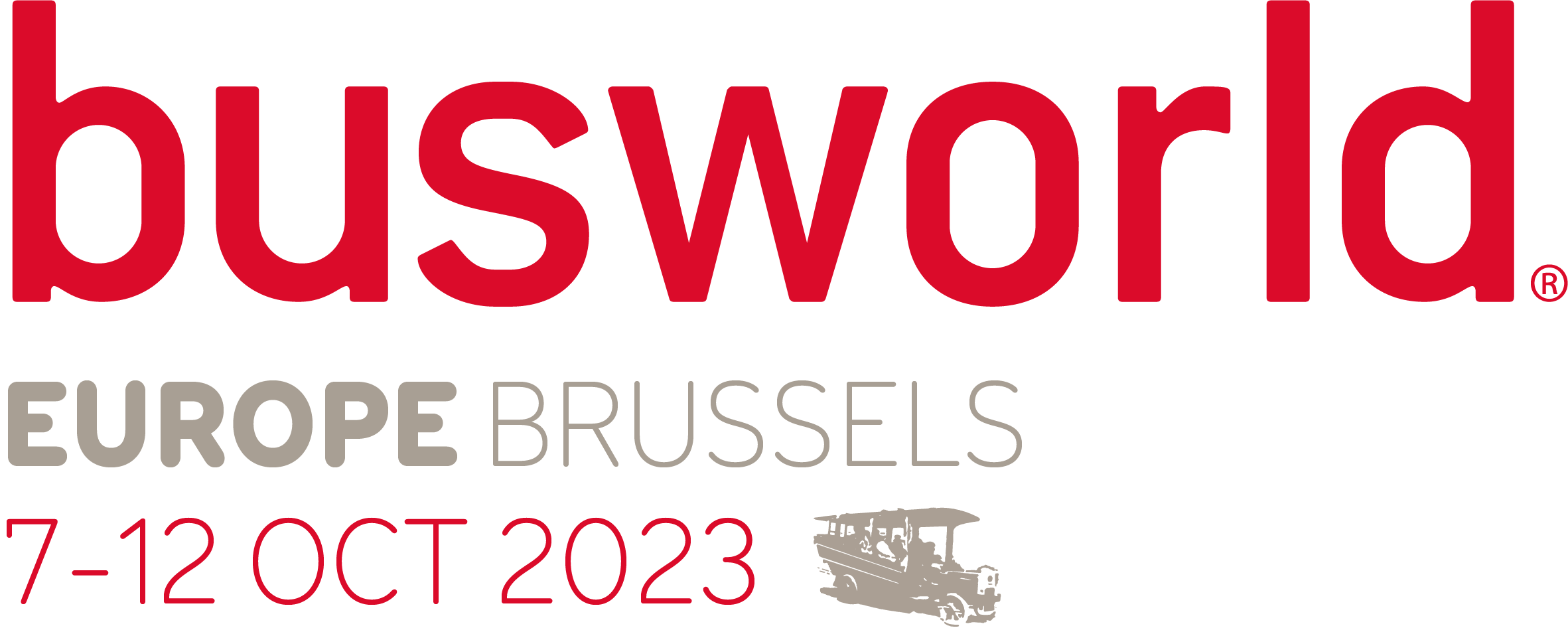
Photo: Busworld
The challenging but promising era of zero emission and digitalisation in the bus and coach industry
28 July 2023
The bus and coach industry is currently undergoing a significant transformation, marked by the dual challenges of zero emission vehicles and digitalisation. With increasing concerns about climate change and air pollution, coupled with advancements in technology, there is a growing push to transition towards zero emission buses and coaches. Simultaneously, the sector is embracing digital solutions to enhance operational efficiency, passenger experience, and sustainability. This article explores the challenges and opportunities faced by both operators and the industry in this transformative period.
The rise of zero emission
Zero emission vehicles have emerged as a crucial solution for reducing emissions and promoting sustainable transportation. Electric buses (with or without fuel cell integrations) and coaches offer zero-emission operation, lower maintenance costs, and a quieter and smoother ride. Governments worldwide are incentivising the adoption of electric vehicles, and several cities are implementing ambitious plans to transition their entire bus fleets to electric.
However, the electrification of the bus and coach industry presents challenges. Firstly, the high upfront costs of electric vehicles and the necessary infrastructural changes pose financial hurdles for operators, who often operate on tight budgets. Although the total cost of ownership over the lifespan of an electric bus can be lower, the initial investment can be a barrier. Governments and stakeholders need to collaborate in providing subsidies, grants, and favorable financing options to facilitate the transition.
Digitalisation: enhancing operational efficiency and passenger experience
The digital revolution is reshaping the bus and coach industry, revolutionising operational efficiency for operators in different fields and enhancing the passenger experience. Advanced telematics systems enable operators to monitor vehicle performance, optimise routes, and improve fuel efficiency. Real-time data and analytics provide insights into maintenance needs, enabling proactive servicing and reducing downtime. And also in the management of zero emission vehicles, digital management solutions play a very important role.
Furthermore, digitalisation enhances the passenger experience by introducing features such as real-time journey updates, mobile ticketing, and onboard Wi-Fi. These technologies improve convenience, reduce waiting times, and make public transport more attractive to commuters. Passengers can plan their journeys, track arrivals, and make seamless payments using smartphone apps, providing a smoother and more enjoyable travel experience.
While digitalisation offers significant benefits, challenges must be overcome for its widespread adoption. One major concern is data security and privacy. As the industry collects and analyses vast amounts of data, ensuring robust cybersecurity measures is essential to protect sensitive information and prevent potential breaches. Collaborative efforts between industry stakeholders, regulators, and cybersecurity experts are crucial to establishing secure digital systems.
Another challenge is the digital divide, especially among older passengers who may struggle to adapt to the digital interfaces. Operators must ensure that digital solutions are user-friendly, accessible, and cater to passengers of all ages and technological literacy levels. A balanced approach that accommodates both digital and traditional modes of service delivery is necessary to ensure inclusivity.
Collaboration for a sustainable future
The electrification and digitalisation of the bus and coach industry require collaboration among operators, manufacturers, governments, and other stakeholders. Governments must establish supportive policies, including financial incentives and regulatory frameworks, to encourage the adoption of battery electric and fuel cell buses and coaches. They should also invest in charging infrastructure to alleviate range anxiety and ensure seamless operations.
Manufacturers play a vital role in developing innovative electric and digital solutions tailored to the industry’s needs. Continued research and development, along with economies of scale, can drive down the costs of electric vehicles and charging infrastructure, making them more accessible to operators.
The bus and coach industry is at a pivotal moment, facing the twin challenges. Busworld Europe serves as an ideal platform to witness these changing times from up close.
Brought to you by:









